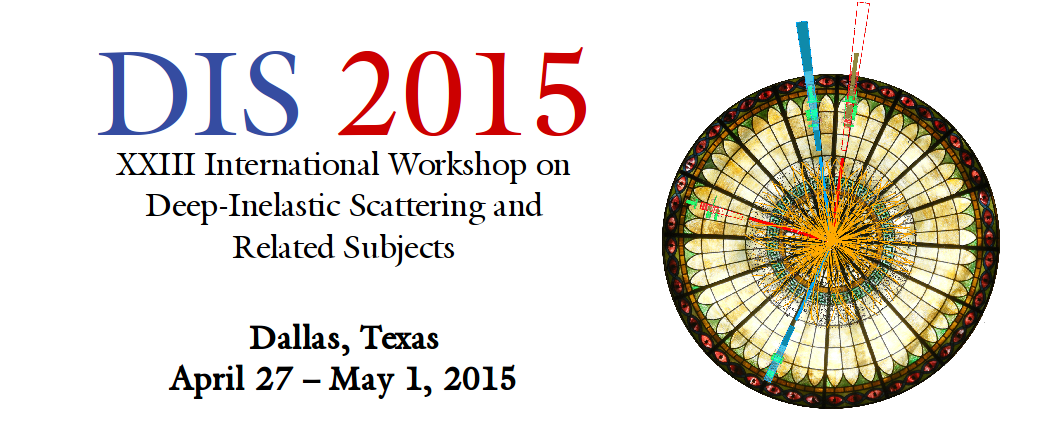Speaker
Dr
Edith Zinhle buthelezi
(iThemba LABS, Cape Town)
Description
by E.Z. Buthelezi for the ALICE collaboration,
Department of Nuclear Physics, iThemba LABS, Cape Town, South Africa.
W bosons are produced in hard scattering processes of partons in collisions of hadrons and they do not interact strongly with the medium produced in high-energy heavy-ion collisions. Therefore, in p-Pb collisions the measurement of W-boson yields represents a standard candle to check the validity of binary-collision scaling and can provide important constraints on the parton distribution functions, which can be modified in nuclei with respect to protons or neutrons.
At the LHC, ALICE (A Large Ion Collider Experiment) is dedicated to the study of ultra-relativistic heavy-ion collisions, in which a hot and dense strongly-interacting medium is formed. At forward rapidities ALICE is equipped with a muon spectrometer that allows measurements of dimuon decays of quarkonia, muons from heavy-flavour hadron decays and also W bosons via their single-muon decay. In ALICE W-boson cross sections were measured in p-Pb collisions at √s$_{\text{NN}}$ = 5.02 TeV via the contribution of their muonic decays to the inclusive p$_{\text{T}}$-differential muon yield measured at forward (2.03 < y$_{\text{cms}}$ < 3.53) and backward rapidity (-4.46 < y$_{\text{cms}}$ < -2.96) in various event-activity intervals. Recent results obtained from these measurements will be presented and the measured cross sections will be compared to perturbative Quantum Chromodynamics calculations at next-to-leading order.
Author
Dr
Edith Zinhle buthelezi
(iThemba LABS, Cape Town)
